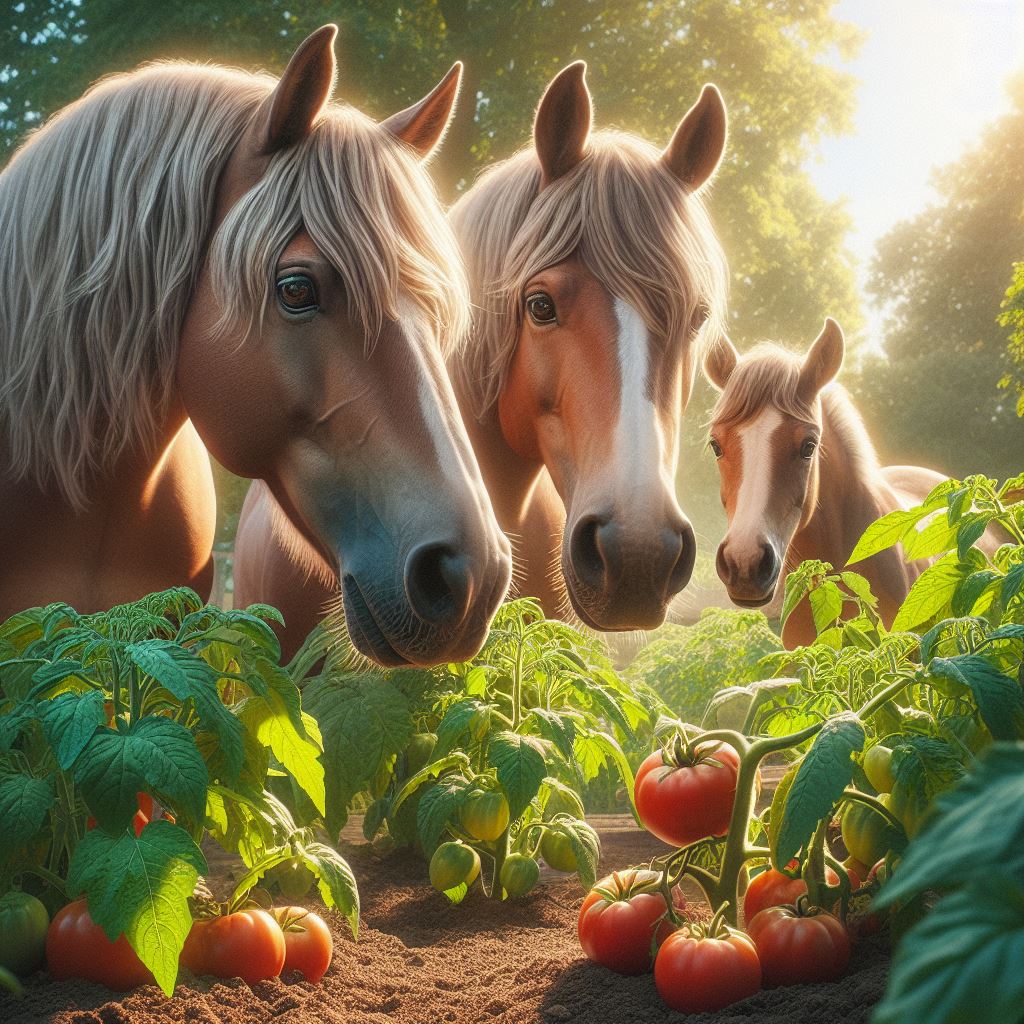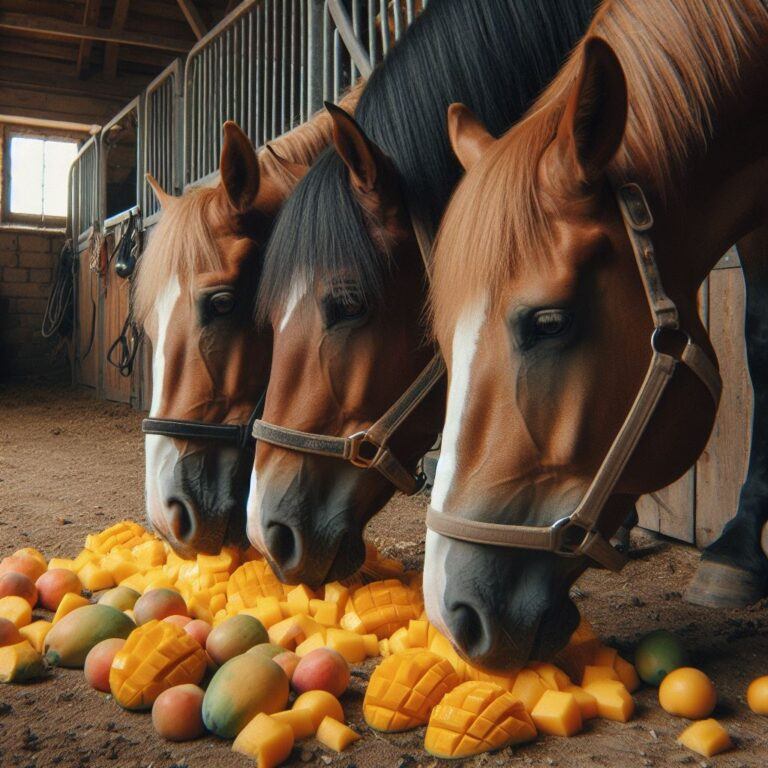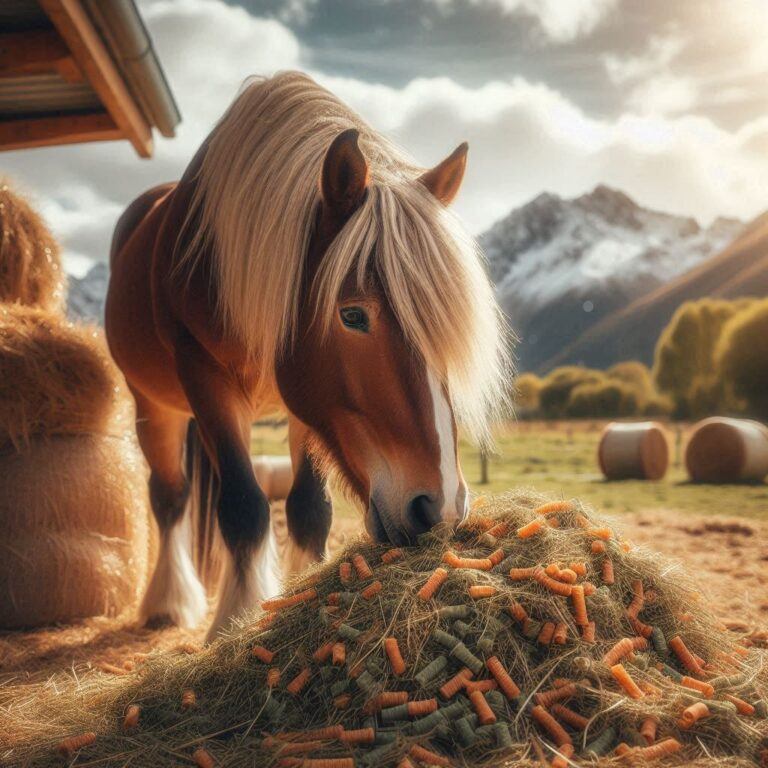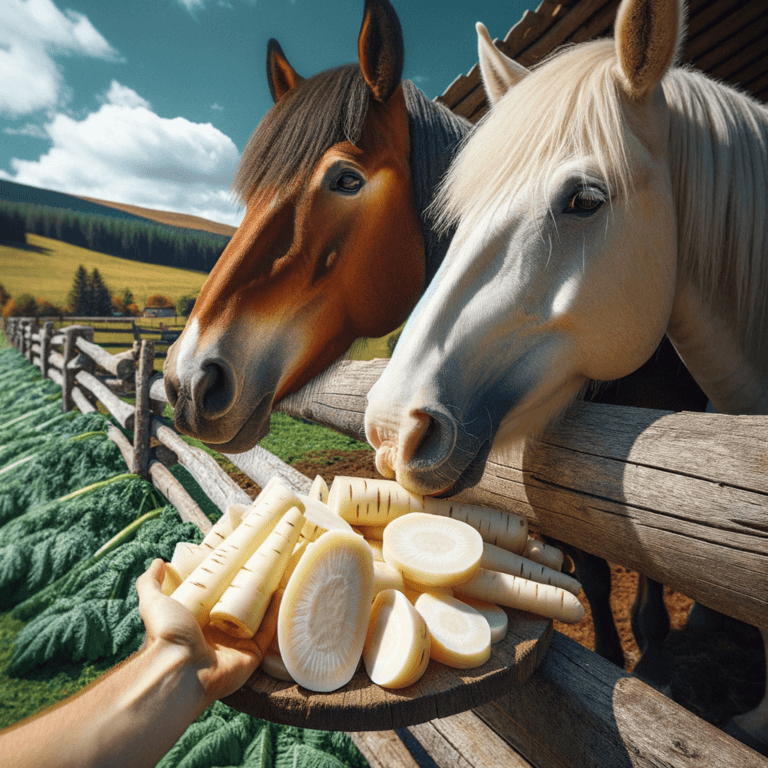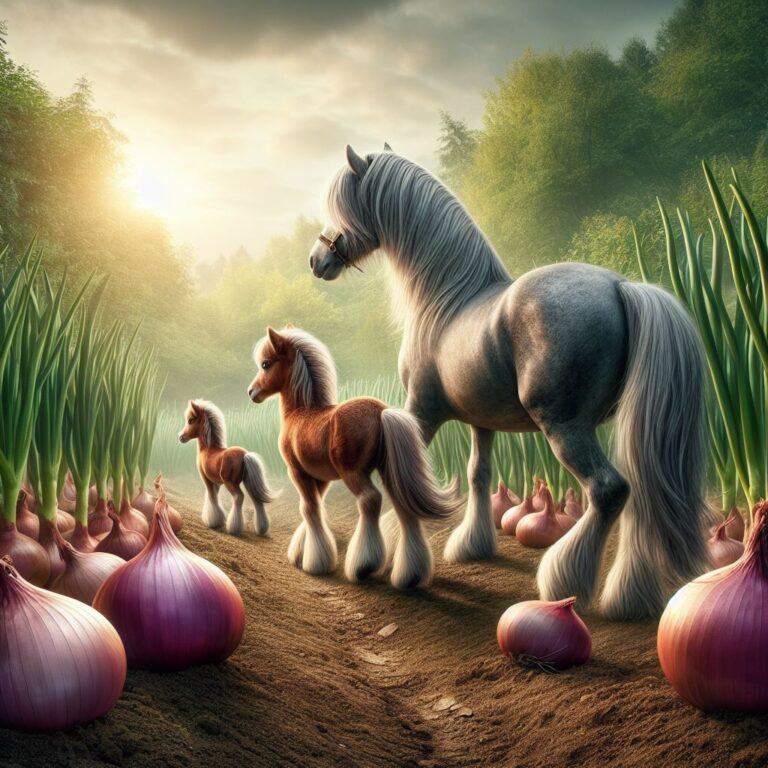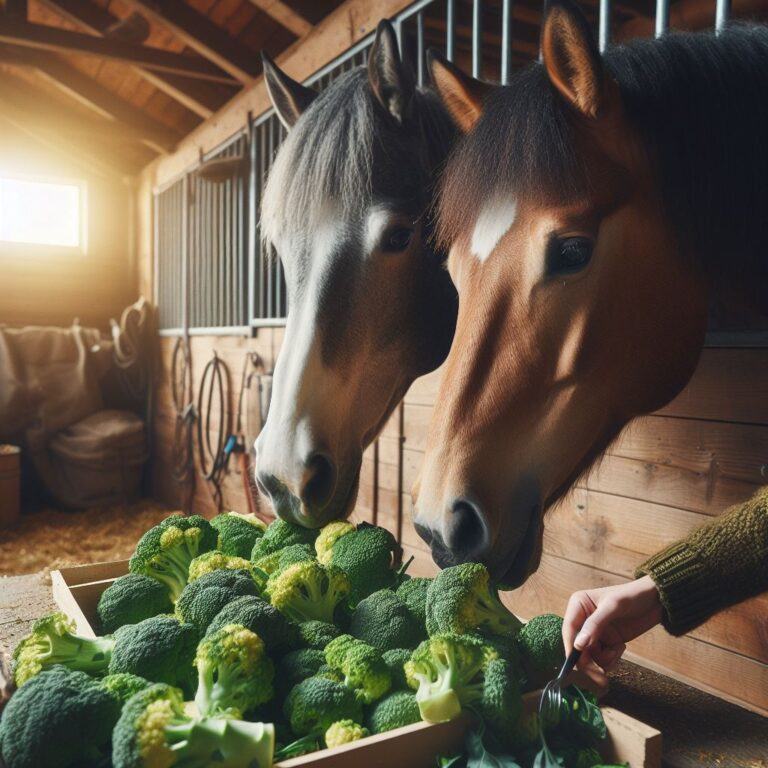Can Horses Safely Eat Tomato Leaves And Stems
The answer here is a resounding NO. Horses can’t safely eat tomato leaves and stems. Why? Well, tomatoes, along with their foliage, belong to the nightshade family, plants known to contain substances that are toxic to horses.
Key among these are solanine and tomatine, compounds that can harm your horse if ingested.
When horses consume these parts of the tomato plant, they risk solanine and tomatine poisoning.
Both substances can interfere with the horse’s nervous system and digestive tract. Symptoms of this type of poisoning might include gastrointestinal upset, weakness, and in severe cases, respiratory issues.
If you notice these signs and suspect that your horse has eaten tomato leaves or stems, it’s crucial to CONTACT YOUR VET IMMEDIATELY.
Given their body size, horses would need to consume a relatively large amount of tomato foliage to suffer serious harm.
However, even small quantities can cause discomfort and should be avoided. As horse owners, we must diligently keep our horses away from gardens where tomatoes or other nightshade family plants are grown.
Understanding Why Tomatoes Don’t Belong in a Horses Diet
Horses thrive on a diet that is similar to their natural foraging behavior. Grazing on fresh grass and hay, and occasional grains typically provides all the nutrition a healthy horse needs.
However, introducing certain fruits and vegetables can disrupt this balance, and this is particularly true for tomatoes.
It’s the alkaloid compounds found in tomato leaves and stems that pose a threat. While small amounts may not be immediately harmful, the risk of toxicity is significant enough that these nightshade plants should be excluded from a horse’s diet altogether.
And it’s not just tomatoes—other plants in the Solanaceae family, like potatoes and eggplants, are also off-limits.
As responsible horse owners, understanding and controlling our horse’s access to food is crucial.
This includes securing any areas where these plants might grow. It also means being knowledgeable about other foods that can pose a danger to our horse’s health.
When we treat our horses to fruits and vegetables is important to opt for horse-safe options. Carrots, apples, and pumpkins are excellent choices that can be fed in moderation without the risk associated with tomato plants.
Remember, providing a well-rounded and safe diet not only keeps horses healthy but also reinforces a strong bond between horses and owners.
You have the power to create a nurturing and safe environment for them, starting with the food they consume.
Preventative Measures and Responsible Horse Care
Preventing a horse from eating toxic plants, like tomato foliage, starts with vigilance and education.
As responsible horse owners, securing any garden areas and monitoring the plants within reach of our horse’s pasture is crucial.
Regularly inspecting fences and implementing a no-tomato-plant policy in or around horse areas is essential.
Understanding which plants are toxic can make all the difference in keeping our horses safe.
Beyond physical measures, educating ourselves is very important. There’s much to know about what can jeopardize a horse’s health.
Fortunately, there are resources available through local veterinarian offices, agricultural extensions, and equine specialists.
Finally, remember that when it comes to feeding horses, it’s best to consult with a veterinarian. They have the expertise to tailor dietary recommendations to each horse’s specific needs.
Knowing what NOT to feed is just as important as knowing what to feed. With this balanced approach, we can ensure that our horses maintain a safe and healthy diet.

